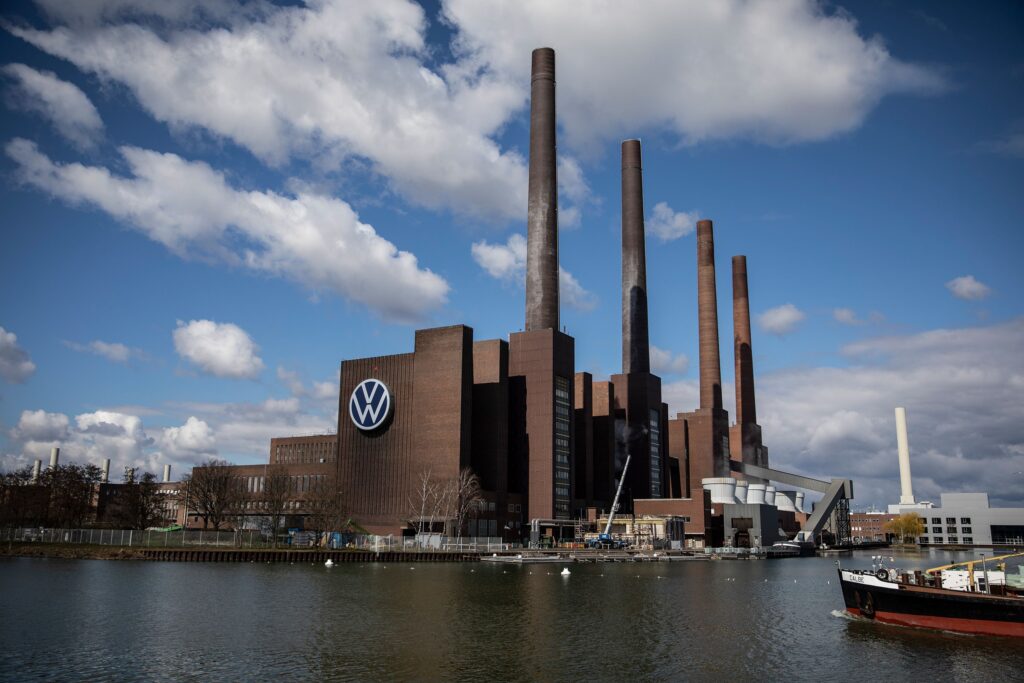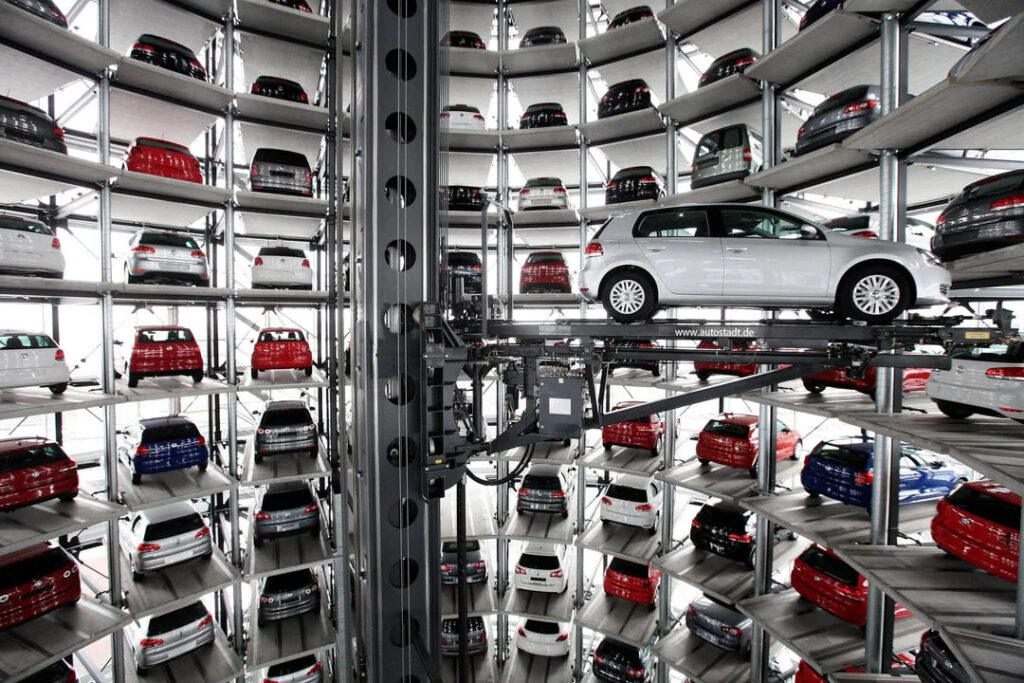
Volkswagen AG is contemplating its first-ever factory closures in Germany as part of a drastic cost-cutting strategy. This move, which would impact both its main passenger car brand and other group operations, also involves potentially renegotiating or ending its agreement with unions that guarantees job security until 2029.

If enacted, these closures would be a historic shift for Volkswagen, marking the first shutdowns in Germany in the company’s 87-year history. This decision could spark a significant conflict with powerful unions.
“The economic environment has become increasingly challenging, and new competitors are entering the European market,” said Volkswagen CEO Oliver Blume. “Germany is falling further behind in terms of competitiveness.”
The potential labor dispute presents a major test for Blume, who also leads Porsche, following a history of union disputes that contributed to the departure of several of his predecessors. Volkswagen has faced difficulties in reducing costs at its core passenger brand, where profit margins have been persistently low, exacerbated by a sluggish transition to electric vehicles and a decline in consumer spending.
Works council head Daniela Cavallo criticized the management’s handling of the situation, noting that the company’s core brand, known for models like the Golf and Tiguan, risks becoming unprofitable. Volkswagen has proposed closing at least one major car manufacturing plant and one component site in Germany, and ending existing wage agreements.

Volkswagen employs around 650,000 people worldwide, with nearly 300,000 based in Germany. The company’s supervisory board includes significant labor representation, and the German state of Lower Saxony, which holds a 20% stake in Volkswagen, often aligns with trade unions.
Past attempts to drive efficiencies in Volkswagen’s German operations have led to conflicts that shortened the tenures of former CEOs Bernd Pischetsrieder, Wolfgang Bernhard, and Herbert Diess.





